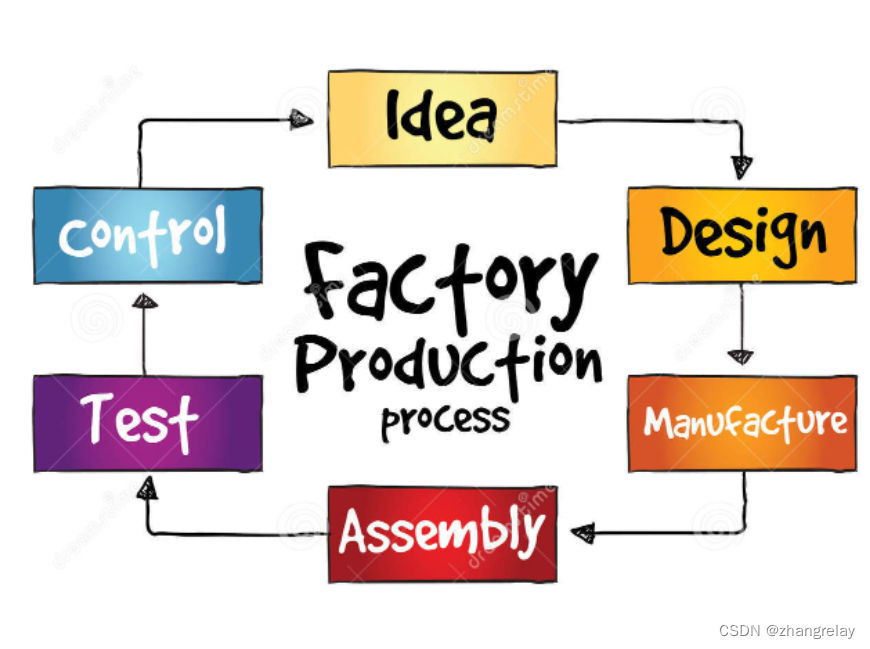这个之前写过一些,包括zhi乎,学校排位不同,差异巨大。
- 名校豪门
- 品牌专业
- 杰出导师
- 热门方向
具备上述四点,就业面前景十分广阔,薪水非常高。
☞ 全力推进加速到来的机器人时代 2022
☞ 从2050回顾2020,职业规划与技术路径(节选)

如下为个人观点,仅供参考:
行业分类,没有高低之分,只有分工不同!
- 权力密集型:多以政府部门为主(直接生产关系)
- 资金密集型:金融证券保险为主(间接生产关系)
- 技术密集型:打工人智力就业为主,化工厂,电子厂,机械厂,软件厂,本质一致(直接生产力)
- 劳动密集型:打工人体力劳动行业,跑腿类,勤杂类,作坊式农业(直接生产力)
- 科学密集型:事业单位为主,有拨款支持行业,无盈利硬性考核(间接生产力)
- 信息密集型:类似于技术,劳动,科学密集,但岗位为智库类别(间接生产力)
机器人行业为制造业,主要为技术密集型,属于生产力行业。
- 生产力行业待遇水平,通常与利润关系密切;
- 生产关系行业待遇水平与行业利润关系不密切。
部分技术密集型行业,盈利水平高,会出现科学密集型部门,但是这些部门会在出现财务问题时大量cai员!
比如:
算法的末日来了!阿里裁掉大量算法,数量远超其他岗位,因为算法拿着高薪,就知道调参发论文!
这太正常了。
技术密集型行业是劳动密集型行业升级而来的,起源于第一次工业革命。
是对打工人体力要求之外,叠加了智力要求,是制造业升级对从业人员要求的提升!
Relations of Production
Relations of production are not, as the English phrase suggests, simply the social relationships formed in the actual process of production. Rather, they are the de facto power relationships that both underlie and are the result of the division of the fruits of a society's total labor. Household head versus dependents, chief versus subjects, master versus slaves, feudal lord versus peasants, and capitalist versus workers – relations of production are basic asymmetries of power grounded in the organization of material life. In capitalism, relations of production rest upon actual control over productive forces in the process of production, but in other modes of production, as anthropologists and historians eventually showed, this is not necessarily the case.
In relation to the last point, consider the contrast between capitalism and precolonial chiefdoms in Africa. Capitalists put the production process into motion; they or their representatives oversee and supervise in order to ensure that a profit is produced at the end of the work cycle. In many chiefdoms, chiefs did not control the production process itself. Yet, having produced, subjects brought tribute, the fruits of their own labors, to the chief. This contrast illustrates the fact that relations of production, by definition, correspond to the basic structures of power in a society, however that power is constituted – whether by economic, coercive, or religious means (or some mix of these). This makes the reformed notion of modes of production quite different from what is often assumed of Marxism; most particularly, it is not a form of economic reductionism.
Why do productive inequalities occupy a central place in Marx's thought? The answer is that they locate the basic divisions within any society, the lines of potential opposition – of contradiction. Marx saw these as the potential fault lines along which tensions tend to build up are routinely dissipated by small readjustments, and are sometimes violently resolved by radical realignments. These fault lines are structural; they do not necessarily lead to actual struggle and conflict (indeed, the function of the superstructure is precisely to prevent such occurrences). Nevertheless, contradictions always exist as potentialities; they lie just below the surface.
本文摘自 :https://blog.51cto.com/u

